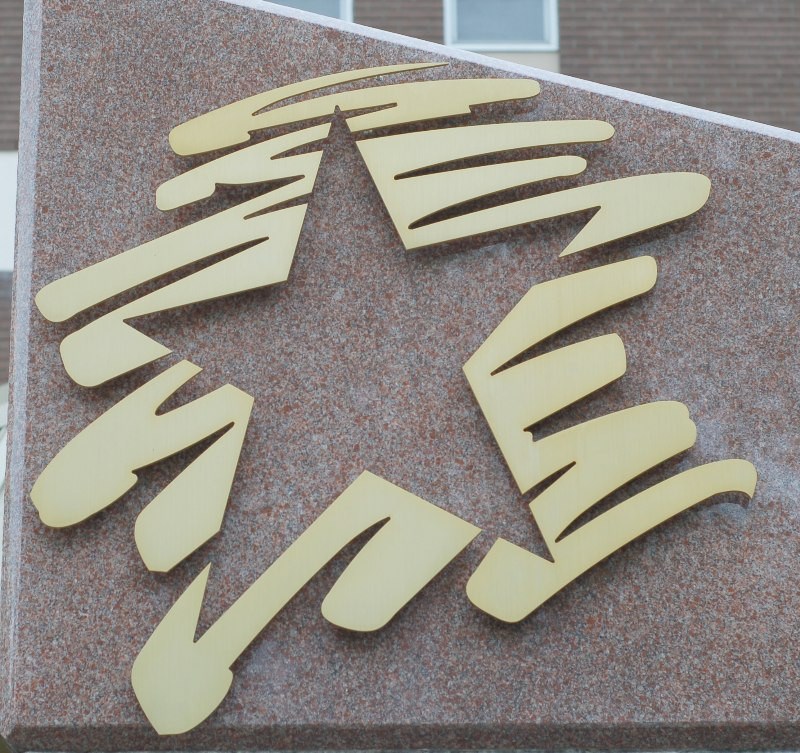An increase in grievances going to arbitration has Lakehead school board employees frustrated and could be costing the unions and board thousands of dollars a day, say the unions involved.
Canadian Office and Professional Employees Union Local 454 president Maria Kullman, who represents 140 board employees, said with six grievances in the last year she and her members don’t understand why the school board has chosen to enter into lengthy and expensive proceedings.
"Our members are really frustrated with how long it’s taking plus the money that we spend on arbitration," Kullman said.
Kullman added that in the past, labour disputes were typically settled informally with a meeting between the board and union to avoid arbitration – a process that can cost up to $10,000 a day excluding legal fees.
With both sides having to split the cost of arbitration, Kullman said the last grievance that went to arbitration cost COPE more than $13,000.
"We could be using this money for the kids or other things instead of wasting money for an arbitrator," Kullman said. "It’s money that could be spent elsewhere on kids or more staff."
Ontario Secondary School Teachers’ Federation District 6A president Rob Dubyk agrees.
"In my opinion it’s just good money spent badly," Dubyk said.
When he first joined the union 25 years ago, Dubyk said the relationship between the unions and the board were "harmonious" and leaders would brag that they could solve disputes with the board without going through a formal grievance process.
In a 20-year period there were almost no disputes that needed the formal process for his members. But in the last year his members have had four with another scheduled for arbitration later this year.
"We’d talk, we’d find a resolution that both sides can live with," Dubyk said. "And then problem solved … lately when we try to get to that point, in many cases they either don’t respond or respond with a form letter that says ‘we don’t agree with you, denied."
Dubyk, along with Kulman, said he doesn’t know what’s changed at the board level. In some cases board officials won’t even respond to letters with grievance issues, leaving Dubyk to start the lengthy grievance process. Since August, Dubyk said the board hasn’t met timelines in the process and when they do, the response just comes back "denied.’"
"They’ve lost some corporate memory, they don’t remember how things were done in the past or they’ve chosen not to remember, or the situation has changed politically and they’re trying to exert their control in a situation."
Dubyk added that on top of money spent at arbitration, if the board loses it has to spend money fixing the original problem, which makes everybody lose.
"We don’t want to go to arbitration because it’s a waste of money in my opinion because if you get there we have failed in our jobs to actually resolve things with consensus and discussion," Dubyk said.
Ellen Chambers Picard, local president for Elementary Teachers’ Federation of Ontario, said her members just signed a new collective agreement in April 2009 with new language. That new language could be what has led to a spike in filed grievances.
Chambers Picard said anytime there is new language, both sides interpret the collective agreement differently. She said it’s not unusual and that an increase in grievances doesn’t necessarily mean that there is a discord between unions and the board.
"It’s interesting how you can have the same words and two different opinions of it," Chambers Picard said.
Despite numerous attempts, Lakehead Public Schools failed to provide comment.
Sign in or register
- Messages
- Post a Listing
- Your Listings
- Your Profile
- Your Subscriptions
- Your Likes
- Your Business
- Support Local News
- Payment History
Registered Users
Already have an account?
New Users
Create a free account.
